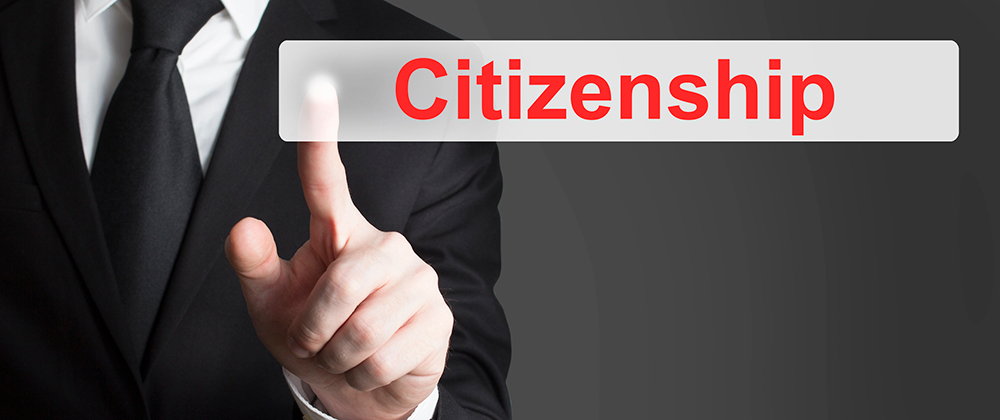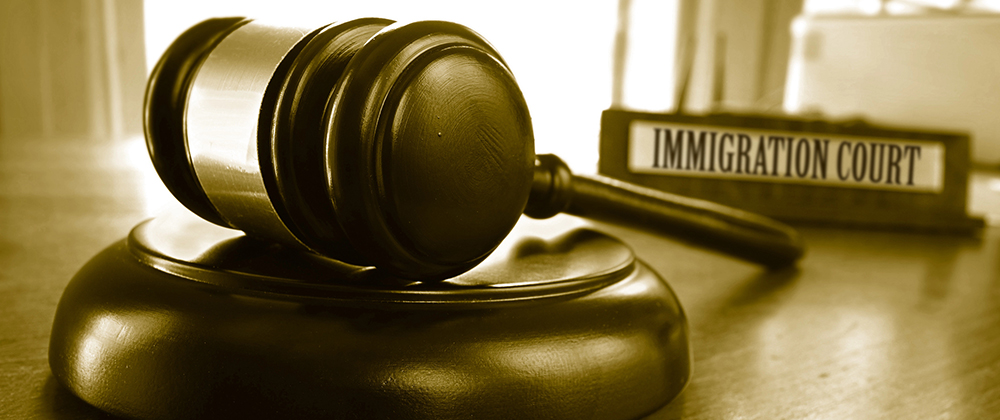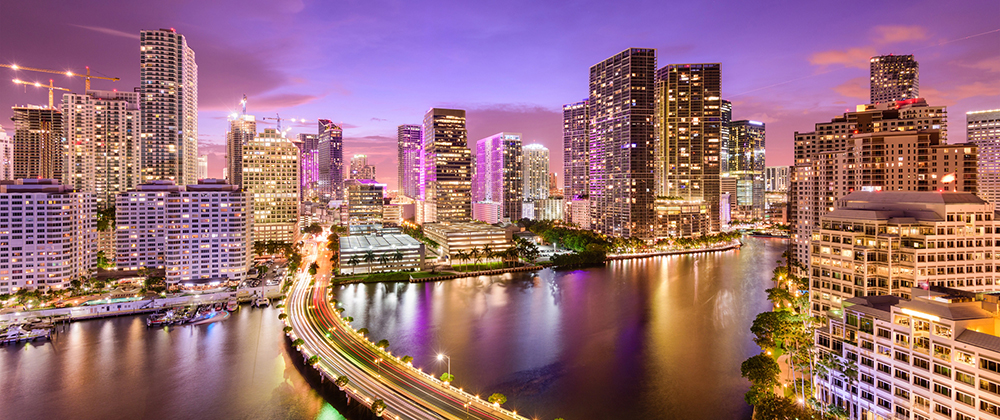Help for Cuban immigrants in Miami
Cuban immigrants in Miami have been entering the U.S. for decades as they have fled the economic and political conditions of their home country. The number of people fleeing Cuba has been increasing over the past couple of years and exceeded the number who fled Cuba in 1994 on rafts when 35,000 Cubans left Cuba during the balsero crisis. The U.S. Customs and Border Patrol reports that 47,000 Cubans came to the U.S.-Mexico border just between Oct. 2021 and Feb. 2022, which eclipsed the 39,303 Cubans who came to the border during the fiscal year 2021. Cuban immigrants in Miami with loved ones who are trying to come to the U.S. should speak to a Miami immigration lawyer at Pozo Goldstein for help.
Wave of Cuban Asylum-Seekers
Many Cubans are trying to enter the U.S. at the southern border since they are likelier to be admitted to the U.S. there than if they are stopped by the U.S. Coast Guard at sea. According to the Coast Guard, 1,067 Cubans have been stopped at sea since Oct. 2021, which is an increase from the 838 who were interdicted in the fiscal year 2021 that ended on Sept. 30, 2021. The U.S. Coast Guard typically sends Cuban migrants it stops at sea back to Cuba, but it does occasionally allow some to stay in the U.S.
The conditions in Cuba are driving the wave of immigrants. Cuba is experiencing a high rate of inflation, widespread shortages, and ongoing economic impacts from the pandemic. Last year, there was significant civil unrest and protests, which led to a harsh government crackdown and the arrests of more than 1,400 Cubans during a protest on July 11, 2021. Many protesters have received harsh prison sentences, leading many Cubans to try to start a new life in the U.S.
Difficult Immigration Process
Since multiple U.S. diplomats were sickened in Havana in 2017, legal immigration and family reunification have become more difficult for Cubans. At that time, the former administration suspended most of its visa processing in Havana, forcing Cubans to travel to Guyana for visa interviews at the U.S. Consulate before they can travel to the U.S. While the U.S. Embassy said that it will restart visa processing in Havana to help to reduce the immigration case backlog, U.S. Deputy Secretary of State Brian McKeon still said that there isn’t a set date for when consular services might resume.
Cuban migrants who reach the U.S. southern border are rarely turned back and are instead provided court dates to claim asylum and fight deportation. Many Cubans are allowed to apply for green cards under the Cuban Adjustment Act one year and a day after their arrival, which means that many can become lawful permanent residents before their court dates ever arrive because of the lengthy backlog in immigration cases.
Cubans who reach the southern border have taken several different routes. Some have received visas and take flights to Mexico, while others have traveled across Latin America to reach the border. Some have also arrived from Nicaragua, which doesn’t require Cubans to get visas to travel to that country. Some experts believe that Nicaragua and Cuba have struck a deal allowing visaless travel by Cubans to Nicaragua to try to place pressure on the U.S. government by worsening the U.S. immigration crisis. The Cuban government tried to blame the U.S. for the wave of Cuban immigrants at the Southern Border and argues that the U.S.’s policies stimulate the flow of migrants from Cuba to the U.S. However, Cubans argue that the Cuban government’s crackdown on its citizens has been the driving force behind many young Cubans choosing to leave.
Speak to a Miami Immigration Lawyer
Cuban immigrants in Miami who are in need of immigration services should speak to the experienced immigration lawyers at Pozo Goldstein. Our firm is comprised of two former immigration prosecutors and a former judge, and we have years of experience helping people achieve favorable immigration outcomes. If you need to apply for a green card or are trying to reunify with your family in Cuba, contact Pozo Goldstein today to schedule a consultation by calling us at (305) 856-0400.




